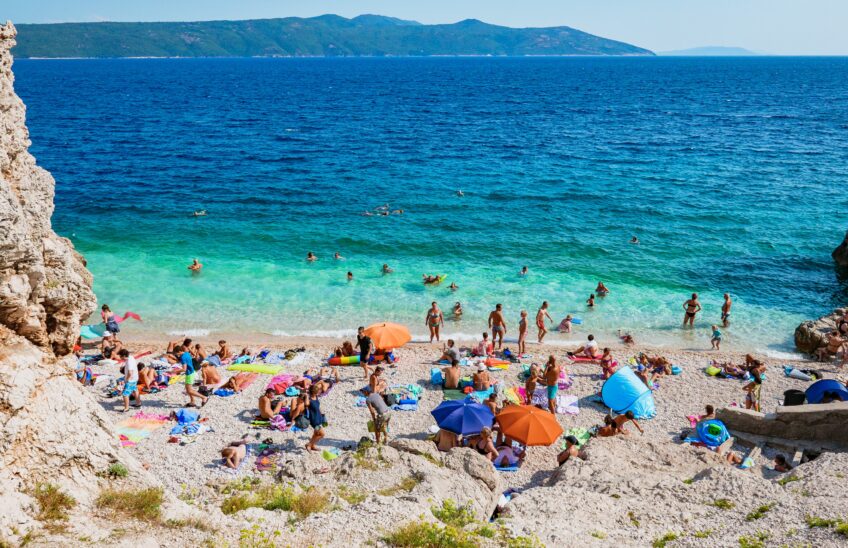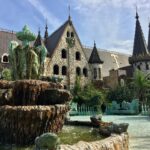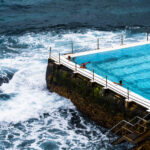Teach English in Croatia
Teaching English in Croatia offers a unique and enriching experience that goes beyond the classroom. With its stunning landscapes, rich history, and warm hospitality, Croatia provides a captivating backdrop for cultural immersion. By taking on the role of an English teacher, you not only contribute to the educational development of Croatian students but also have the opportunity to explore a country that seamlessly blends tradition and modernity.
The demand for English language skills is growing in Croatia, making it an ideal location for those passionate about education to make a meaningful impact. Imagine inspiring students to communicate confidently in a global language while enjoying the picturesque coastlines, historic cities, and vibrant cultural events that Croatia has to offer. Teaching in Croatia is not just a job; it’s an adventure that fosters personal and professional growth, allowing you to create lasting connections and leave a positive mark on the lives of your students.
Popular Cities
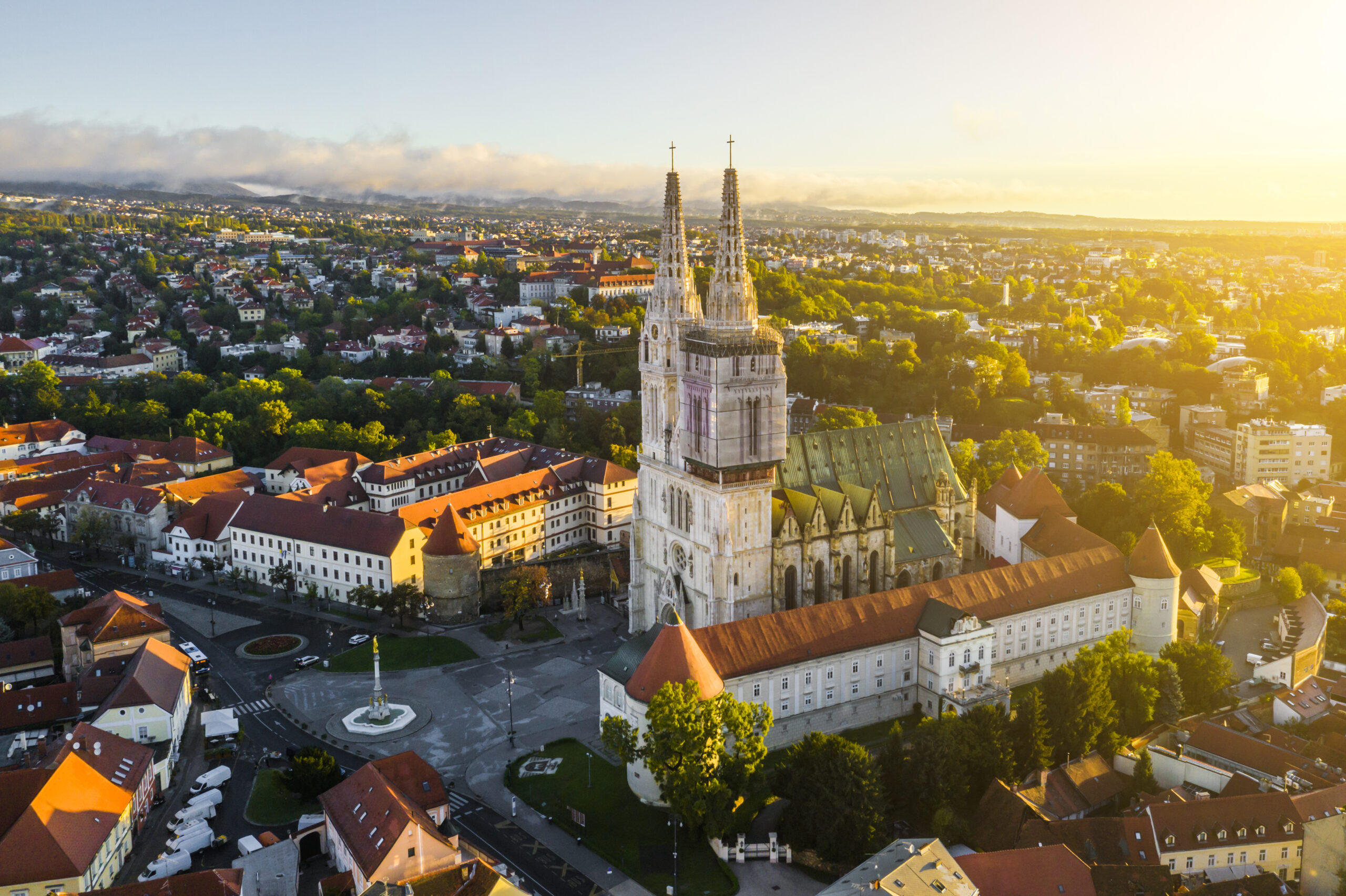
Zagreb
The capital and largest city of Croatia, Zagreb offers a blend of historic charm and a vibrant cultural scene. With its medieval old town, museums, parks, and lively street cafes, Zagreb provides a dynamic urban experience. It serves as the country’s political, economic, and cultural hub.
Upper Town (Gornji Grad): Discover the historic Upper Town with its charming cobblestone streets, medieval architecture, and landmarks such as St. Mark’s Church and Lotrščak Tower. Don’t miss the changing of the guard at St. Mark’s Square.
Dolac Market: Experience the vibrant atmosphere of Dolac Market, Zagreb’s main open-air market located in the heart of the city. Browse through stalls filled with fresh produce, local cheeses, flowers, and handmade crafts. It’s not only a great place to shop for local goods but also an opportunity to immerse yourself in the daily life of Zagreb.
Jarun Lake: Enjoy outdoor activities at Jarun Lake, a recreational area with cycling paths, beaches, and water sports. It’s a popular spot for locals and visitors alike, providing a relaxing escape within the city.
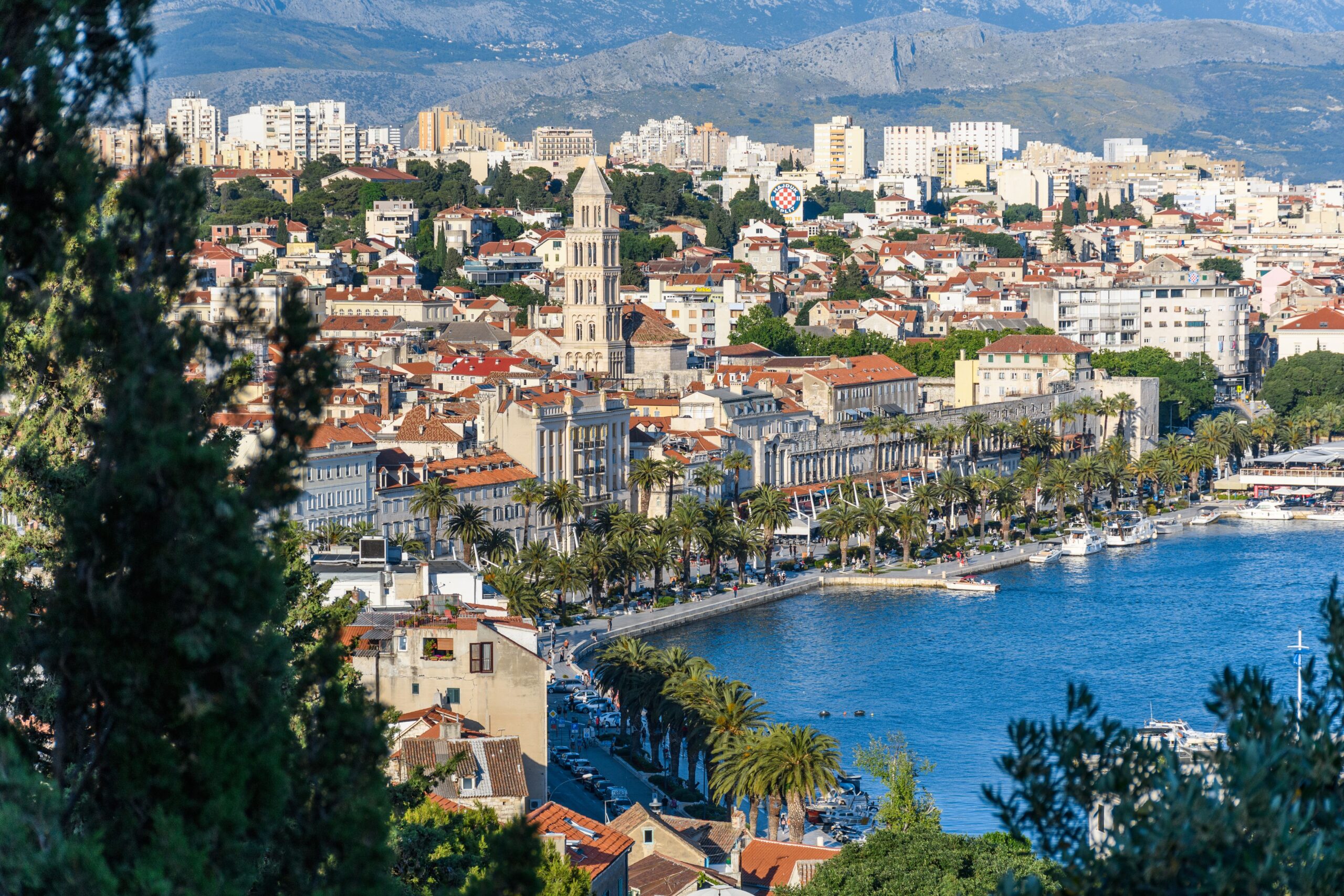
Split
Another coastal gem, Split is Croatia’s second-largest city and boasts an impressive historical center, including the Diocletian’s Palace, a UNESCO World Heritage Site. The city’s lively atmosphere, beautiful beaches, and proximity to the islands make it a popular destination for both tourists and locals.
Diocletian’s Palace: Explore the Diocletian’s Palace, an ancient Roman palace complex that forms the core of Split’s Old Town. Wander through its narrow streets, visit the Peristyle square, and discover historical sites such as the Cathedral of Saint Domnius.
Marjan Hill: Hike or bike up Marjan Hill for stunning views of the city, islands, and the Adriatic Sea. The hill is a recreational area with pine forests, jogging paths, and hidden chapels, providing a peaceful escape from the bustling city.
Riva Promenade: Stroll along the lively Riva Promenade, lined with cafes, restaurants, and shops. Enjoy the Mediterranean atmosphere, watch street performers, and take in the beautiful sunset over the sea.
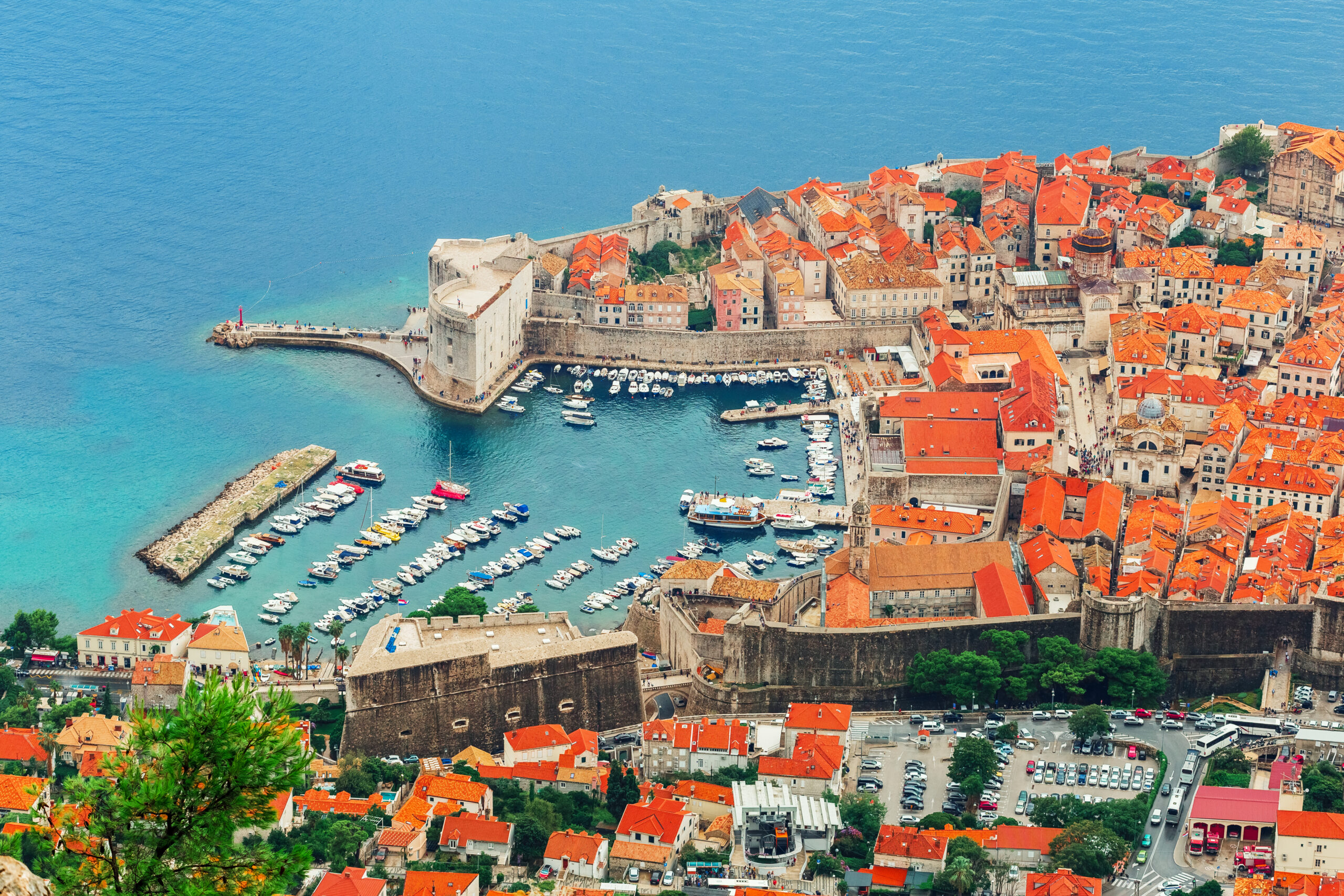
Dubrovnik
Known as the “Pearl of the Adriatic,” Dubrovnik is a UNESCO World Heritage Site with its well-preserved medieval architecture, charming old town, and stunning coastal views. It’s a major tourist destination and has gained international fame, in part due to its role as a filming location for the television series “Game of Thrones.”
Dubrovnik Old Town: Explore the well-preserved medieval old town, surrounded by massive stone walls. Visit landmarks such as the Sponza Palace, Rector’s Palace, and the Franciscan Monastery with its ancient pharmacy.
City Walls Walk: Take a stroll along the historic city walls for breathtaking panoramic views of the Adriatic Sea and the red-roofed buildings of Dubrovnik. The walk provides a unique perspective of the city’s architecture and natural beauty.
Banje Beach: Relax on Banje Beach, a pebble beach just east of the old town. Enjoy the crystal-clear waters and views of the city walls while soaking up the Mediterranean sun.

Food
Croatian cuisine is a delightful fusion of Mediterranean, Central European, and Balkan influences, reflecting the country’s diverse geography and cultural heritage. Known for its emphasis on fresh, locally sourced ingredients, Croatian food offers a rich tapestry of flavours. Here are five unique Croatian foods worth trying:
Pasticada: Pasticada is a slow-cooked beef dish that exemplifies the artistry of Croatian cuisine. The meat is marinated in a robust red wine sauce, often containing garlic, cloves, and bacon, then slow-cooked until it becomes tender. This savoury delicacy is traditionally served with a side of gnocchi or homemade pasta.
Cevapi: Grilled minced meat, usually a mix of beef and pork, shaped into small sausages and served with flatbread (somun) or pita. Cevapi are commonly accompanied by diced onions and a red pepper-based condiment called ajvar.
Strukli: A traditional Croatian pastry filled with a mixture of cottage cheese, eggs, and sour cream. Strukli can be either sweet or savoury and is often baked or boiled.
Fritule: Small, deep-fried doughnut-like pastries often flavoured with citrus zest and sometimes containing raisins. Fritule are popular during festive seasons, especially Christmas.
Rozata: A creamy caramel-flavoured custard dessert, similar to flan, often served chilled. Rozata is a popular sweet treat in Dalmatia.
Octopus Salad (Salata od Hobota): Given Croatia’s extensive coastline, seafood features prominently in its cuisine. Octopus salad is a refreshing and light dish made with tender octopus, potatoes, onions, parsley, and olive oil. The combination of flavours and textures makes it a popular choice, especially during the warm summer months.
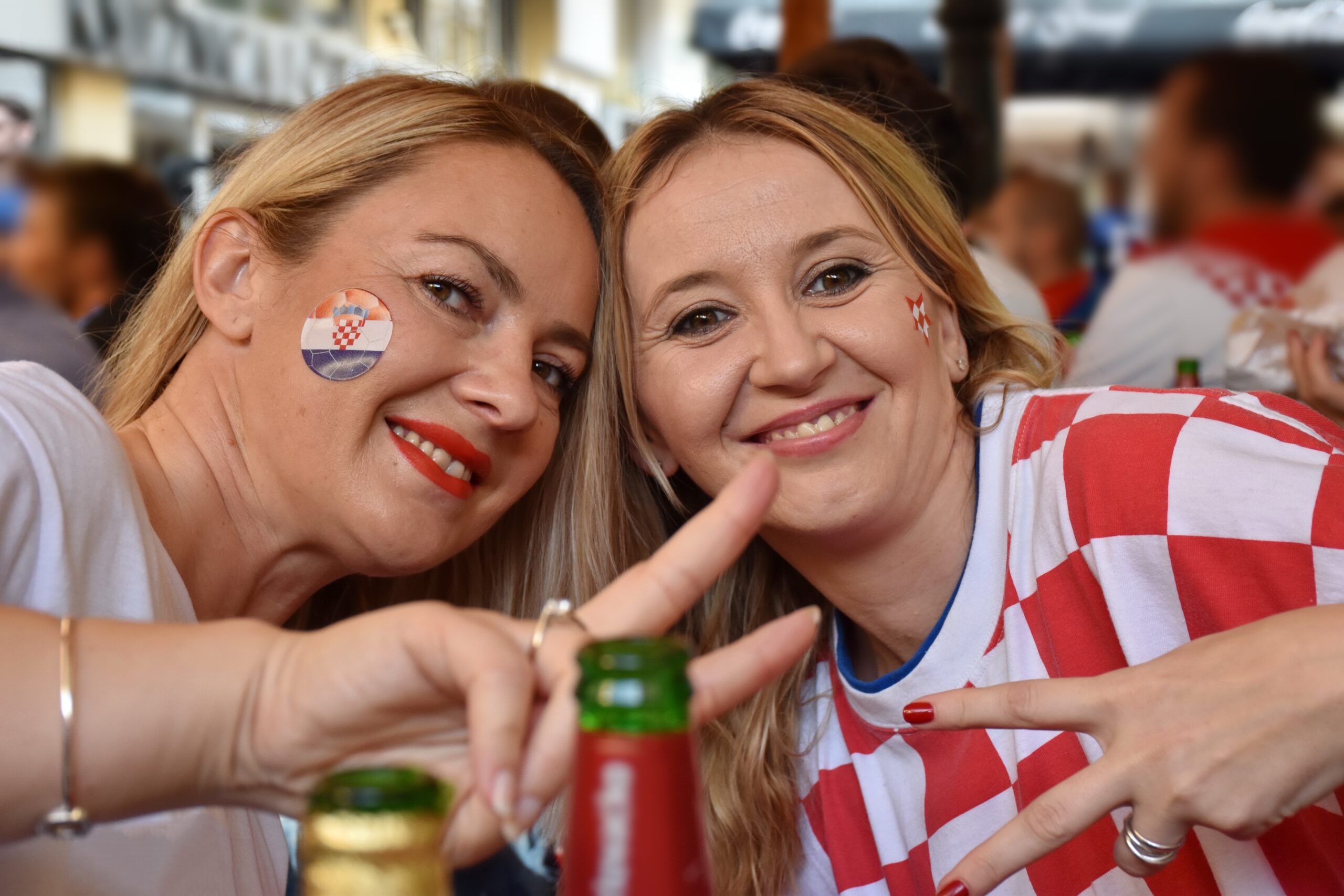
Culture
Croatian people and culture are deeply rooted in a rich history that blends Mediterranean, Central European, and Balkan influences. Here are some aspects that capture the essence of Croatian people and their vibrant culture:
Hospitality (Gostoljubivost): Croatians are known for their warm and genuine hospitality. Guests are often treated with kindness and generosity, and sharing a meal is a cherished social tradition. Visitors to Croatia frequently experience the warmth of the locals, whether in family homes, traditional konobas (taverns), or during community events.
Strong Sense of National Identity: Croatians take great pride in their national identity, which is deeply rooted in a history that includes struggles for independence and the preservation of cultural heritage. This sense of identity is often expressed through national symbols, traditional clothing, and pride in the Croatian language. National holidays and commemorations hold significant importance, reflecting the nation’s historical journey.
Coffee Culture: Coffee is more than just a beverage in Croatia; it’s a social ritual and an integral part of daily life. Croatians enjoy their coffee slowly and savour the experience, often spending hours at cafes chatting with friends or simply people-watching. Coffee breaks are seen as moments to relax and connect, emphasizing the importance of social interaction in Croatian culture.
Love for the Adriatic Sea: The Adriatic Sea, with its crystal-clear waters and picturesque coastline, holds a special place in the hearts of Croatians. Many people have a deep connection to the sea, whether through fishing, sailing, or simply enjoying the beaches. The Adriatic influences not only the cuisine but also cultural traditions, with sea-related festivals, maritime museums, and a general appreciation for the beauty of the coastal landscapes.
Traditional Music and Dance: Folk music and dance play a significant role in Croatian cultural expression. Each region has its own unique style, costumes, and instruments. Klapa singing, a traditional Dalmatian acapella singing style, and the lively tamburitza music of Slavonia are just a couple of examples that highlight the diversity of Croatian musical heritage.
Festivals and Celebrations: Croatians celebrate a variety of traditional festivals and events throughout the year. One notable celebration is the annual Carnival (Poklade) held before Lent, featuring colorful parades, costumes, and lively street festivities. Additionally, religious festivals, such as Easter and Christmas, are marked with special rituals, customs, and communal gatherings.
Sports and Outdoor Lifestyle: Sports, especially football (soccer), hold a special place in the hearts of Croatians. The national football team’s success in international competitions, like the FIFA World Cup, has further fuelled the passion for the sport. Croatia’s stunning natural landscapes also contribute to an active outdoor lifestyle, with activities such as hiking, sailing, and water sports being popular among locals and visitors alike.
Qualifications
An internationally recognised TESOL Certificate and a degree will be required to teach English in Croatia.
Visa
To work as an English teacher in Croatia, you will need to have a valid work visa. Most schools will help you obtain the correct visa and guide you through the process with visa assistance. Some students will originally enter on a 3-month holiday visa. The process of obtaining a work visa can vary depending on your country of origin, but generally, you will need to provide proof of your qualifications, a valid passport, and a criminal background check. It is important to check the specific requirements for each country and your language school for up-to-date advice.
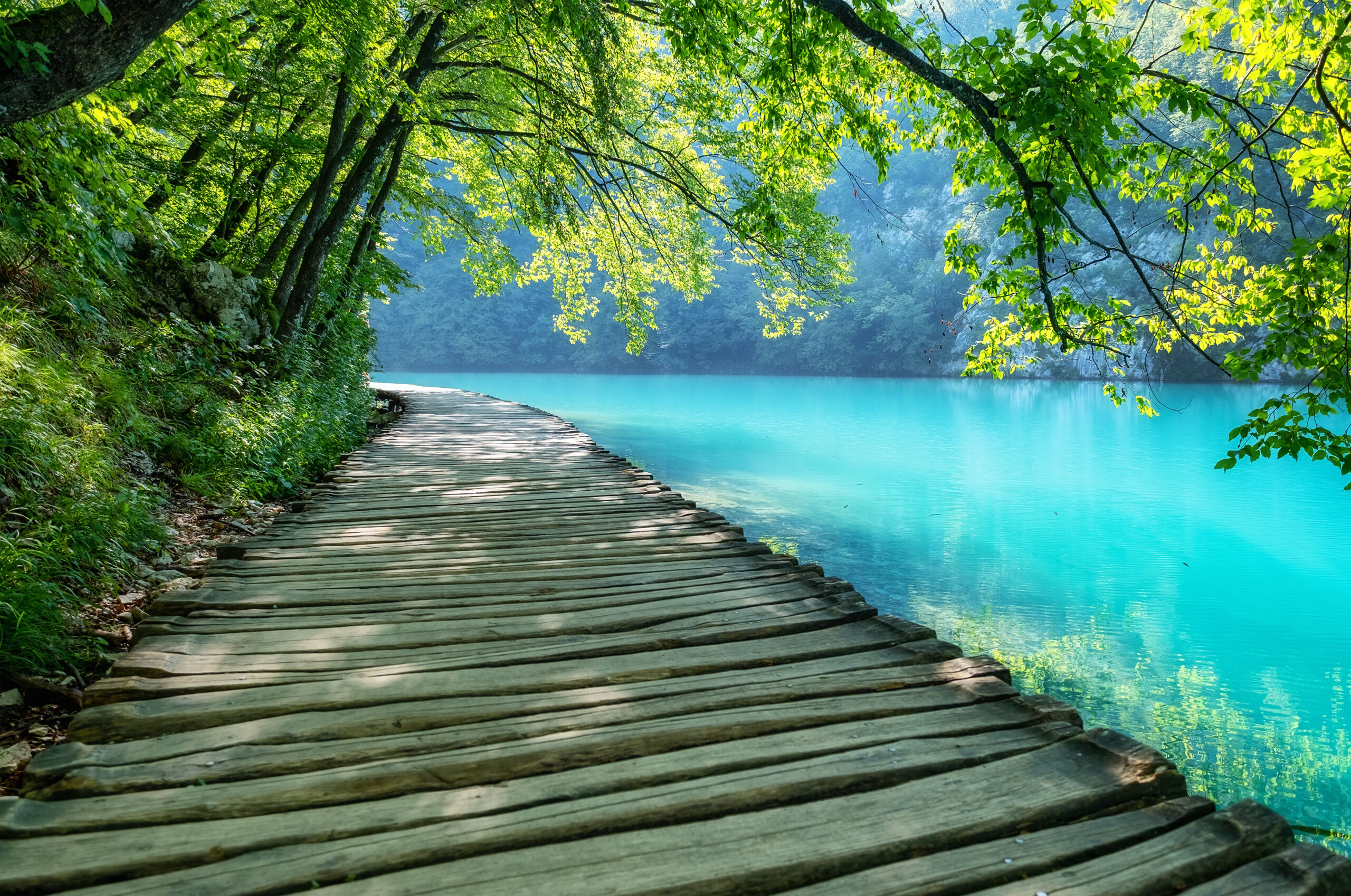
Get Started Today!
Teaching English in Croatia offers a unique and rewarding experience immersed in a rich cultural tapestry. Croatia’s stunning landscapes, historic cities, and warm hospitality provide an exceptional backdrop for both personal and professional growth. The demand for English language skills is on the rise, making it an ideal environment for passionate educators to make a meaningful impact.
Beyond the classroom, there’s the opportunity to explore the country’s popular cities such as Dubrovnik, Split, and Zagreb, each offering a distinct cultural experience. Croatians are known for their warmth, strong sense of national identity, and a love for traditions. Embracing the Croatian lifestyle, from savouring the coffee culture to enjoying the Adriatic Sea, adds a unique dimension to the teaching experience.


